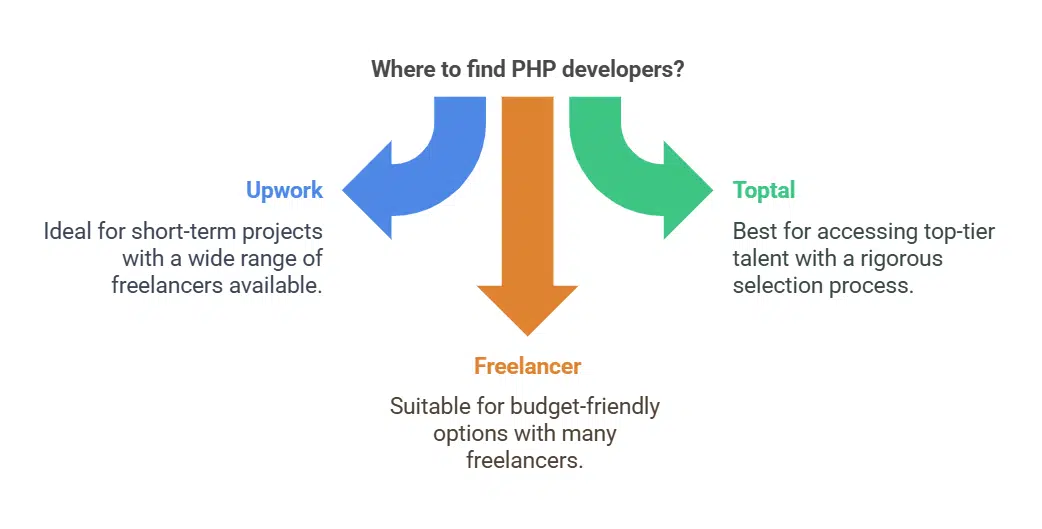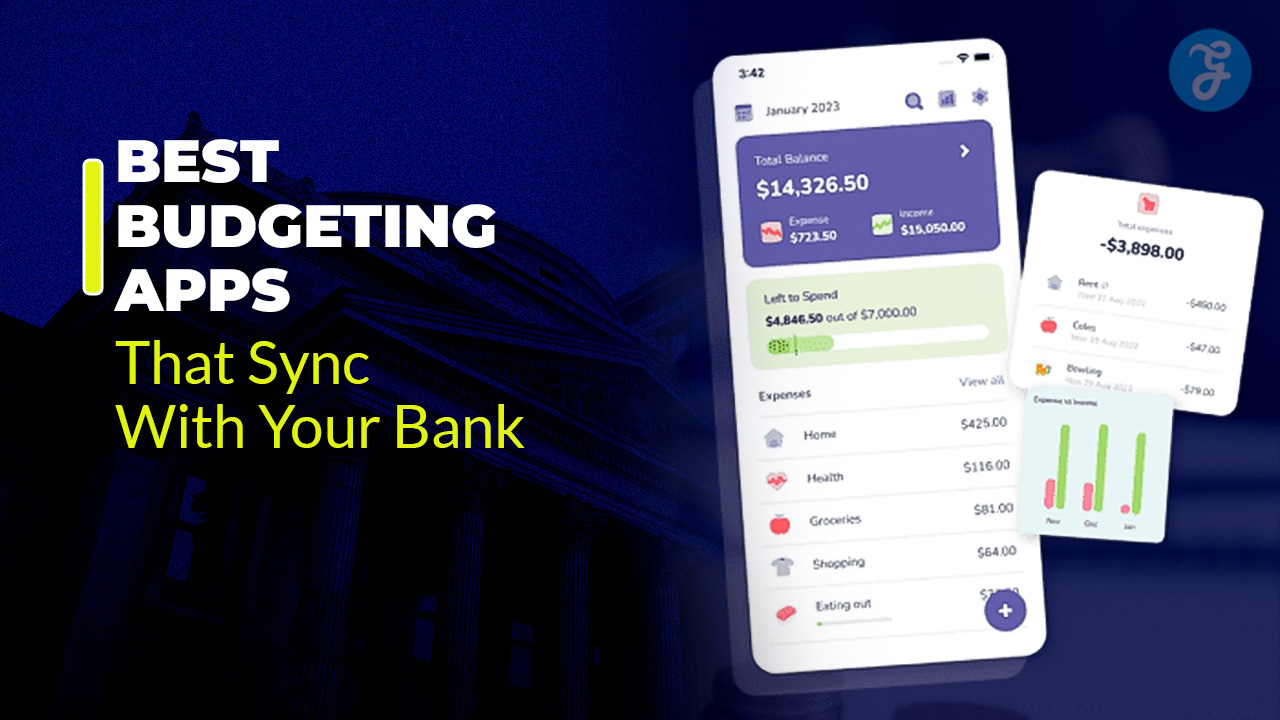Hiring the right PHP developers is critical to the success of your web development project. The right team ensures your application is secure, scalable, and performs well, while the wrong hire can result in costly delays, security risks, and inefficiencies.
PHP powers some of the largest websites and applications globally, making it a good choice for businesses. However, finding qualified PHP developers isn’t always straightforward. With a competitive job market and varying skill levels, you need a structured approach to secure the right talent.
So, how do you identify, assess, and hire the best PHP developers for your needs? This guide walks you through the process step by step, helping you build a PHP team that delivers results.
1. Define Your Project Requirements
Before you start looking for developers, you need to define the scope of your project. Clarity on your business needs ensures you hire the right expertise and avoid paying for unnecessary skills.
Ask yourself:
- What are you building? A simple website, an e-commerce platform, or a complex web application?
- Do you need a PHP framework? Will you use Laravel, Symfony, or CodeIgniter, or do you need a fully custom PHP solution?
- What are your budget and timeline constraints? Are you looking for a short-term engagement or a long-term development team?
By outlining your technical and business goals, you’ll filter candidates based on relevant experience and expertise. This saves you time and hiring costs.
2. Choose the Right Type of PHP Developer
PHP developers vary in experience, specialization, and availability. Selecting the right level of expertise ensures your project is handled efficiently and within budget.
Junior PHP Developers
- Best for small projects, basic website updates, and simple scripting tasks.
- Lower cost, but requires guidance from senior developers.
Mid-Level PHP Developers
- Ideal for building new features, database integrations, and API connections.
- Can handle independent tasks but may need supervision for complex issues.
Senior PHP Developers
- Required for high-performance applications, complex architectures, and security-sensitive projects.
- Experience in optimization, scalability, and best coding practices.
If your project requires enterprise-grade performance, high traffic handling, or extensive API integrations, hiring senior developers or a full development team is the best approach.
3. Assess Technical Skills and Experience
Not all PHP developers have the same skill set. Evaluating technical expertise ensures you hire developers who meet your project needs.
Key Technical Skills to Look For
- Proficiency in PHP frameworks, this can include Laravel, Symfony, CodeIgniter.
- Database experience, with MySQL, PostgreSQL, MongoDB being the most popular
- Front-end capabilities, do they understand of JavaScript, HTML, CSS.
- Security expertise, so they have knowledge of SQL injection prevention, XSS protection, and secure authentication methods.
- Version control, experience with Git, Bitbucket, or GitHub.
During the hiring process, ask candidates to solve real-world coding problems or provide examples of past projects. A strong developer should explain their code structure, decision-making, and debugging approach.
4. Look for Problem-Solving Ability and Communication Skills
Technical knowledge alone isn’t enough. Developers must be able to analyze complex issues, troubleshoot effectively, and communicate with your team.
Signs of a Strong PHP Developer
- Can explain past projects clearly and justify technical choices.
- Breaks down complex coding problems logically and efficiently.
- Understands business requirements and translates them into technical solutions.
Red Flags to Watch For
- Struggles to describe previous work or explain problem-solving strategies.
- Poor communication skills, slow responses, vague answers, or difficulty collaborating.
- Inflexibility, they are hesitant to adapt to new technologies or project changes.
Good developers are proactive, adaptable, and excellent collaborators. This is especially true for remote teams or agile environments.
5. Decide Between Freelancers, In-House Developers, or an Agency
The hiring model you choose impacts your budget, timeline, and long-term scalability. Weigh the pros and cons before making a decision.
Freelancers
- Cost-effective for small projects and one-time fixes.
- May lack reliability and long-term commitment.
In-House Developers
- Great for continuous development and ongoing maintenance.
- Higher costs due to salaries, benefits, and training.
Staff Augmentation or Dedicated Team
- Best for complex projects requiring multiple skill sets.
- Offers a fully managed development process with experts in different areas.
- Higher upfront costs, but long-term efficiency and quality control.
If you need PHP developers for hire, consider your project complexity, budget, and support requirements before deciding between freelancers, in-house teams, or agencies.
6. Where to Find the Right PHP Developers
Hiring the right PHP developer requires targeting the right platforms. Some of the best places to find PHP talent include:
- Freelance marketplaces, for example, include Upwork, Toptal, Freelancer for short-term projects.
- Job boards, LinkedIn, Indeed, Glassdoor for hiring full-time PHP developers.
- Software Houses can provide end-to-end development services with guaranteed expertise.
- Tech communities, GitHub, Stack Overflow, PHP developer forums for finding experienced professionals.
The hiring platform you choose depends on your development needs, budget, and project duration.
7. Interview Questions to Evaluate PHP Developers
A structured interview process ensures you assess technical expertise, problem-solving ability, and cultural fit. Here are key questions to ask:
- Which PHP frameworks do you specialize in, and why?
- Can you walk me through a recent PHP project you worked on?
- How do you optimize PHP applications for performance?
- What security best practices do you follow when developing PHP applications?
- How do you debug and troubleshoot PHP code?
- What experience do you have with integrating APIs and third-party services?
A strong candidate should be able to explain concepts clearly, provide real-world examples, and demonstrate hands-on experience.
8. Onboarding and Retaining Your PHP Developers
Once you’ve hired the right developer, focus on efficient onboarding and retention.
- Set clear expectations – Define project scope, coding standards, and goals upfront.
- Provide necessary tools – Ensure access to version control systems, development environments, and documentation.
- Encourage collaboration – Use project management tools like Trello, Jira, or Asana.
- Offer long-term growth opportunities – Training, mentorship, and performance-based incentives help retain top talent.
A well-integrated developer is more productive, engaged, and invested in your project’s success.
To hire the right PHP developers, you need a strategic approach.
- Define your project scope – Know exactly what skills you need.
- Choose the right expertise level – Junior, mid-level, or senior developers.
- Assess technical and soft skills – Look beyond coding abilities.
- Decide between freelancers, in-house, or an agency – Match your hiring model to your budget and project needs.
- Use structured interviews – Test coding knowledge, problem-solving skills, and communication.
By taking a methodical hiring approach, you’ll secure PHP developers who deliver high-quality, scalable solutions—helping your business grow efficiently and cost-effectively.
If you’re looking for PHP developers for hire, now is the time to start your search. With the right team in place, your PHP project can achieve lasting success while staying within budget.







































